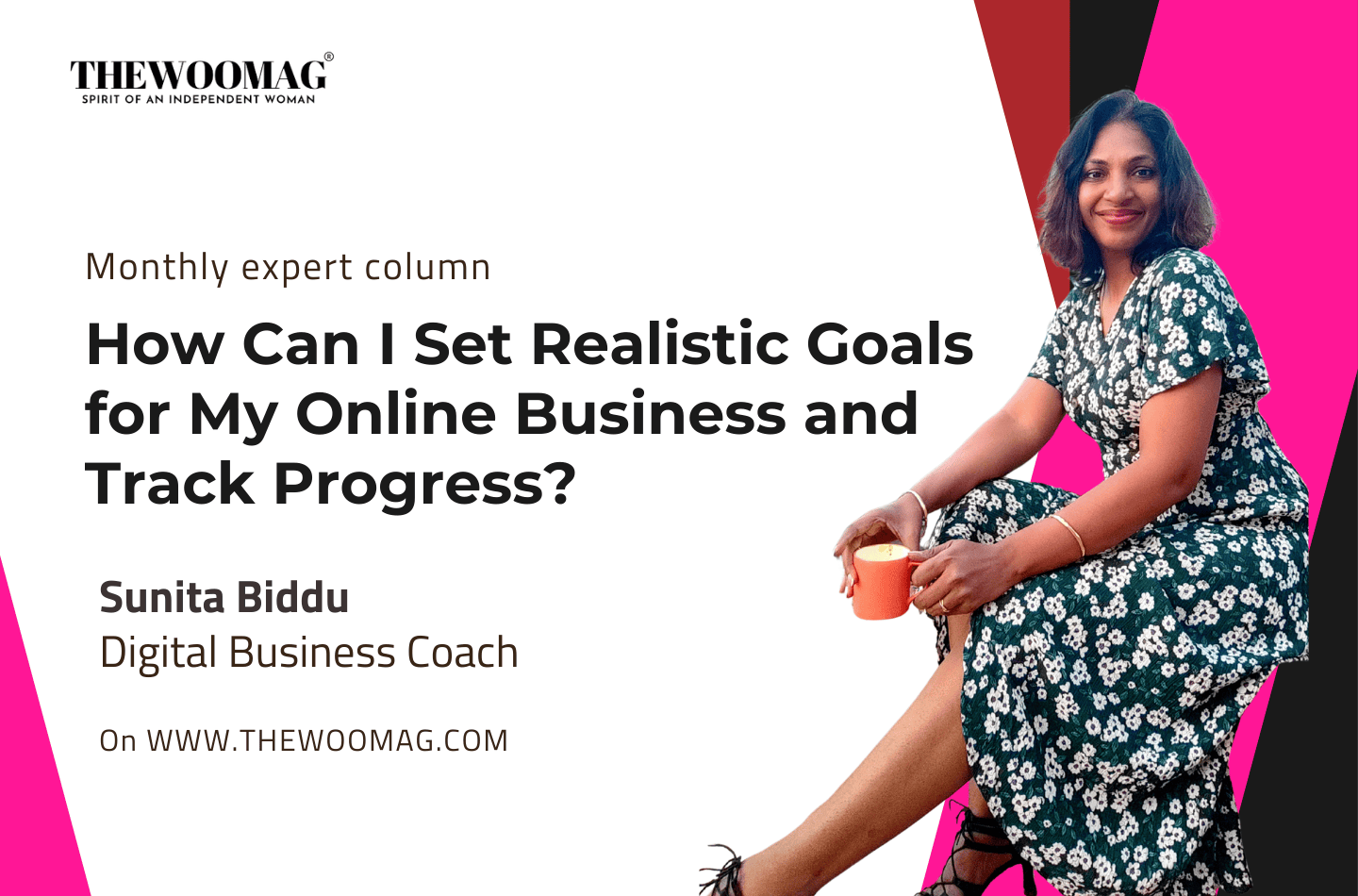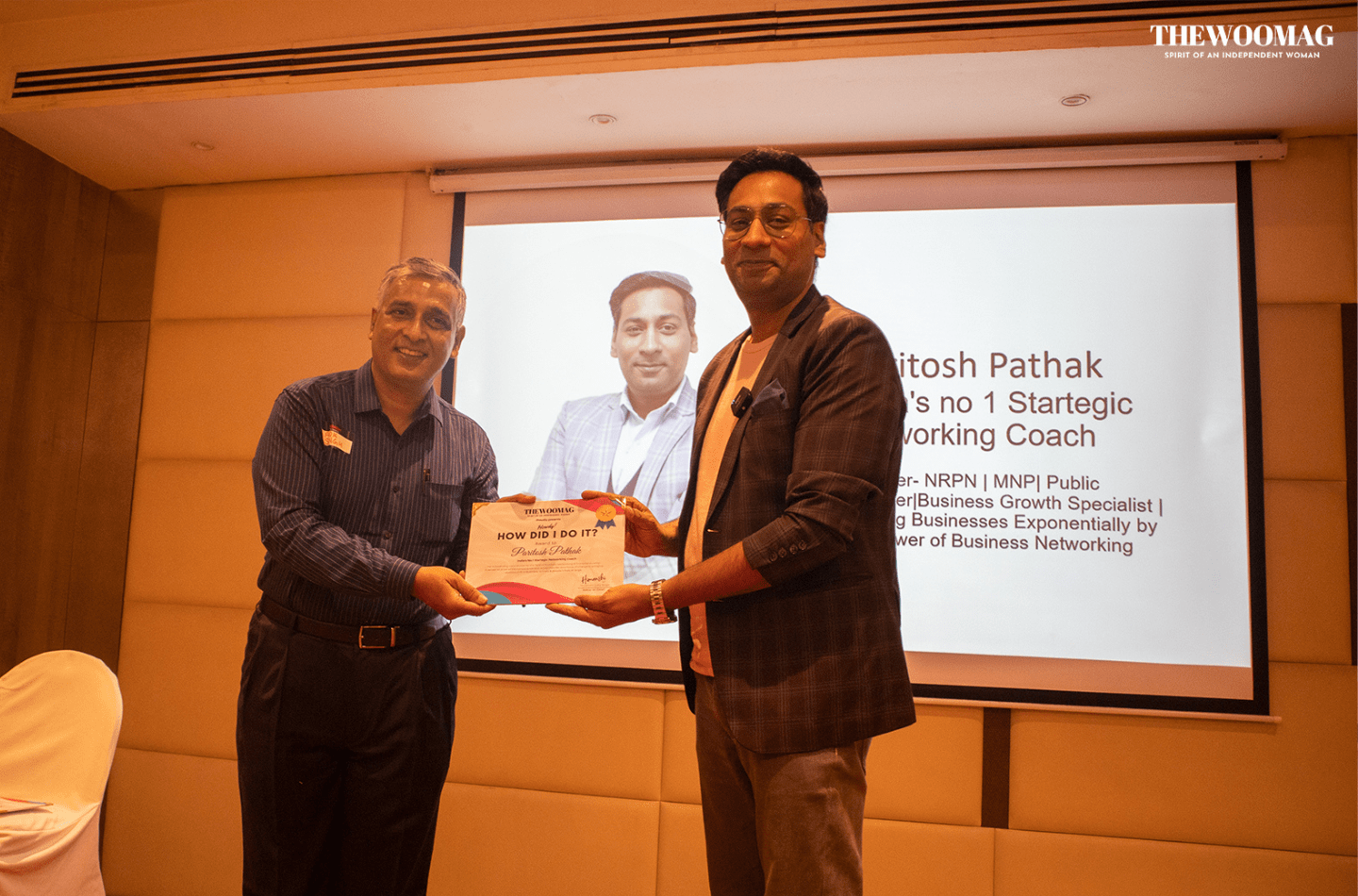Career , Work
Right or Wrong - Which One Are You?
Why society & organizations should allow people to make mistakes or else pay a huge price? - Opines Shilpa Ajwani.

The pressure of being right all the time increases in proportion to the judgement and negative consequences we sense of being wrong!
The training starts early on in childhood at home and in school. That’s where we learn the difference between “right & wrong”. However our culture over-indexes on being right. So much so that making a mistake is seen akin to committing a crime. This impacts the psyche and shows up in the personality of so many children in different ways.
This later gets transferred to our institutions, organisations, and businesses as the same children start their professional journeys.
I observe it every day in my work as a strategy consultant and leadership advisor. I see it in the form of strict norms of what’s right and wrong, many times taking this to an extreme that robs employees of the right to think creatively and challenge the status quo.
The increasing complexity, speed of change, and competitiveness in the market, higher stakes in winning the loyalty of the consumer, and keeping it are not really making us more strategic, innovative, and agile. There is a fear that’s lurking inside organisations and no one wants to be the scapegoat. There is often safety being seen in doing what’s familiar and predictable, even though that is the exact opposite of what’s needed.
We do need to speak up a lot more about psychological safety and demystify it. We need to encourage our leaders to be fearless leaders who can build fearless organisations where mistakes are a sign of progress and admitting them is a sign of courage while learning from them is a sign of maturity.

What’s your response to yourself when you feel you’ve made a mistake?
What was the response you had from elders and educators to mistakes while growing up?
What’s the tolerance to mistakes and approach towards those who make them in your organization?
It’s difficult to define a “mistake” in a short article. That’s why I request you to consider a generic professional understanding of what it could mean in your situation without applying a moral lens to view it.
Amy Edmondson is the global expert on psychological safety and I would urge everyone to watch her talks and study her invaluable contribution to creating fearless organisations. It’s what’s so needed in the world we live in today!
RELATED ARTICLES





.png)

.jpg)


![cover-72-Hair_Spa_At_Home__5_Easy_and_Effective_Steps_For_Healthy_&_Nourished_Hair[1].png](https://thewoomag.com/backend/images/blogs/cover-72-Hair_Spa_At_Home__5_Easy_and_Effective_Steps_For_Healthy_&_Nourished_Hair[1].png)



I-221, 4th Floor, Hilton Drive Avenue, Sec-50, Gurgaon, 122018, Haryana
info@thewoomag.com
+91-8586970572